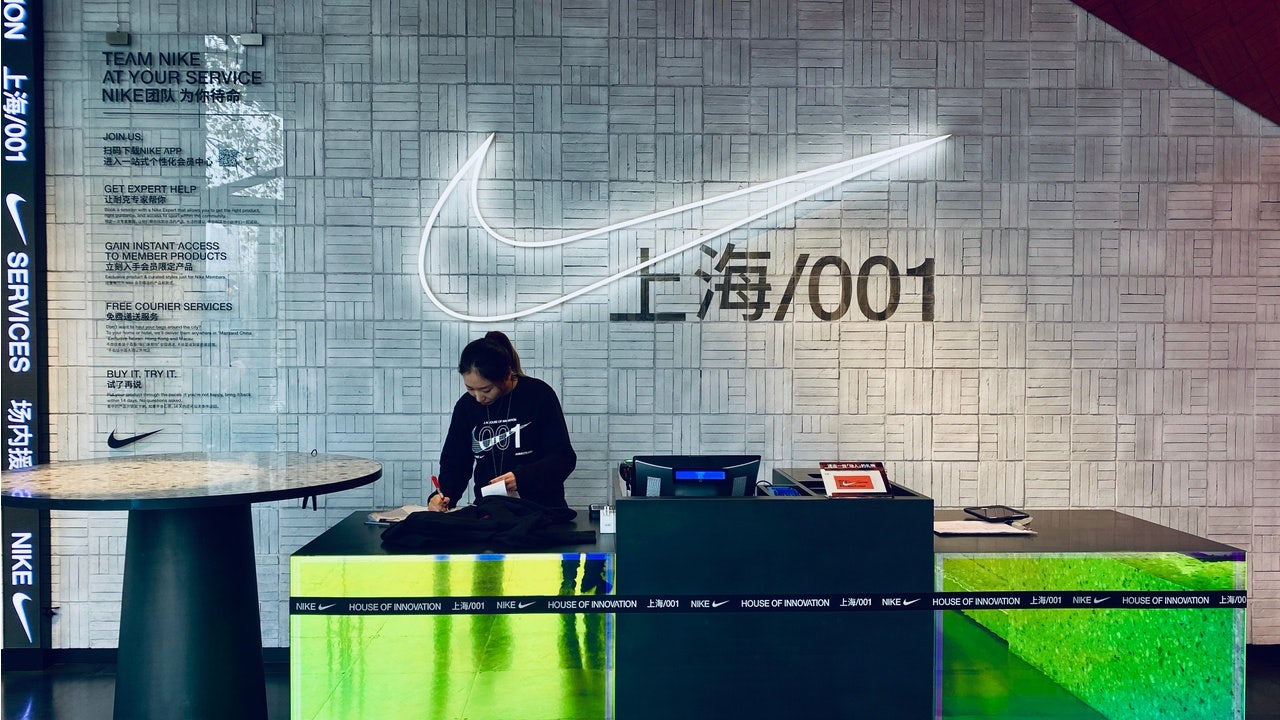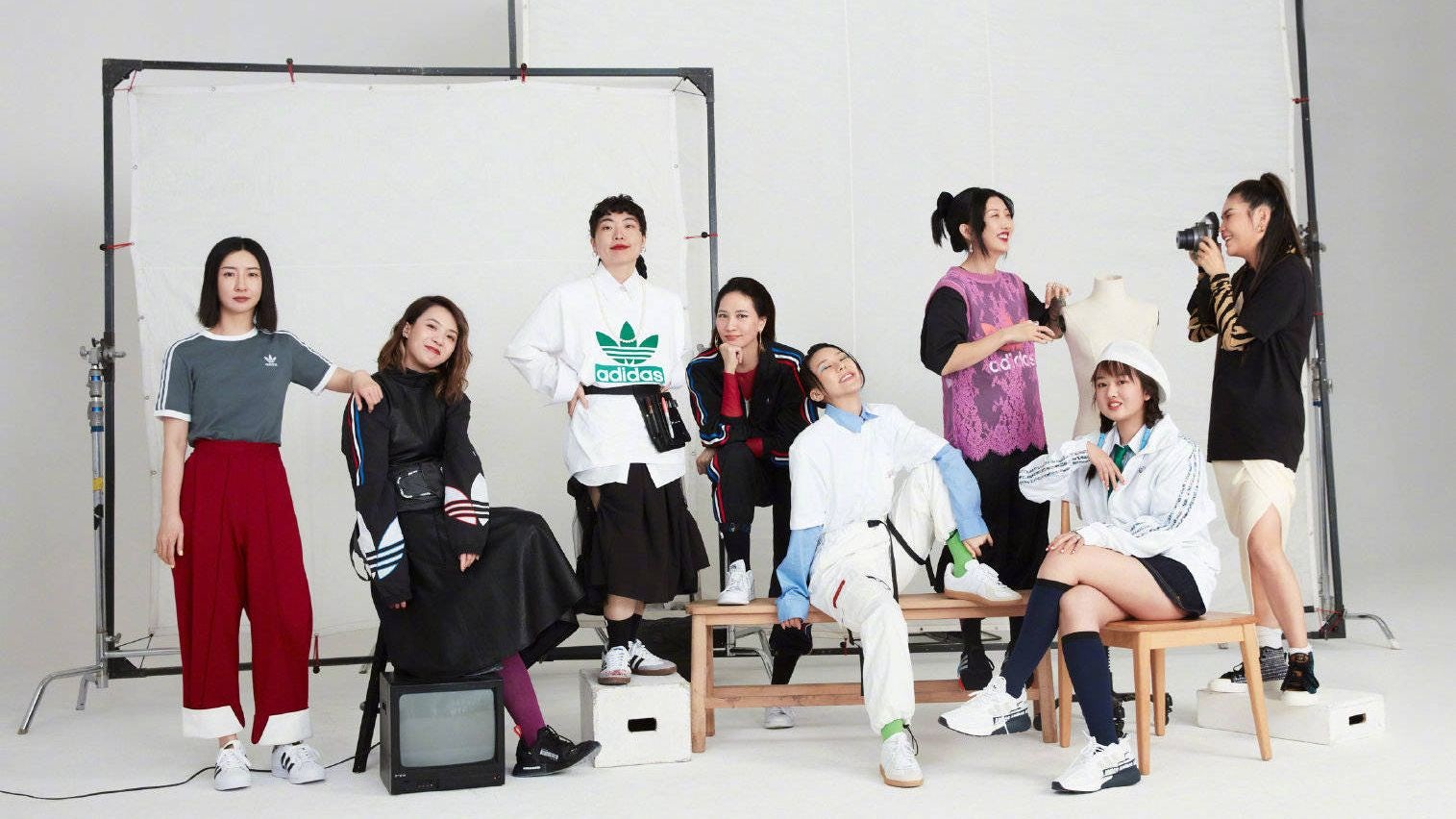What happened
On June 1, China’s General Administration of Customs published a list of substandard children's products imported between June 2020 to May 2021.
At least 81 batches of imported kid-related products were identified, including children’s clothing, toys, and toothbrushes. Among them were children's clothing from international brands like Hamp;M, Nike, Zara, and the GAP, many of which were found to have products containing unqualified dyes or other harmful substances that could endanger children via ingestion or absorption through their skin or mouth. Amid the potential health hazard, these brands have received administrative penalties, and Hamp;M was fined an additional three times for other unqualified products in May.
The Jing Take
This latest news broke the Chinese internet once again. The hashtag #Hamp;Mfinedforunqualifiedchildrenswear trended on Weibo, receiving a total of 110 million views. However, it wasn't the first time either Hamp;M or Zara childrenswear received safety warnings in China, as the local customs clearance process is renowned for being highly bureaucratic. Back in May of 2020, Chinese customs had already found that some of these brands’ children's products contained harmful substances that could be potentially hazardous to their health. But this time, Nike and the GAP are new to the list. Does that signal that China is imposing even stricter border controls?
Moreover, this latest episode comes when there are ongoing calls by Chinese shoppers to boycott Western clothing brands for their refusal to use cotton from Xinjiang, meaning international players are moving in a dangerous market.
Netizens have taken up several boycotts in the past, but most had a provisional effect. Now that domestic brands like Li Ning and Anta are aggressively marketing, rebranding, and upgrading their products, they can offer international players direct and strong competition, taking local market shares from them.
With this latest action, the threat to Western labels is greater than ever. Companies can no longer expect any backlash to fade from consumer memories. As such, Hamp;M hasn’t updated its Weibo since the Xinjiang cotton fiasco. And by staying silent and low-key, they could soon get weeded out of the market altogether.
The Jing Take reports on a piece of the leading news and presents our editorial team’s analysis of the key implications for the luxury industry. In the recurring column, we analyze everything from product drops and mergers to heated debate sprouting on Chinese social media.


